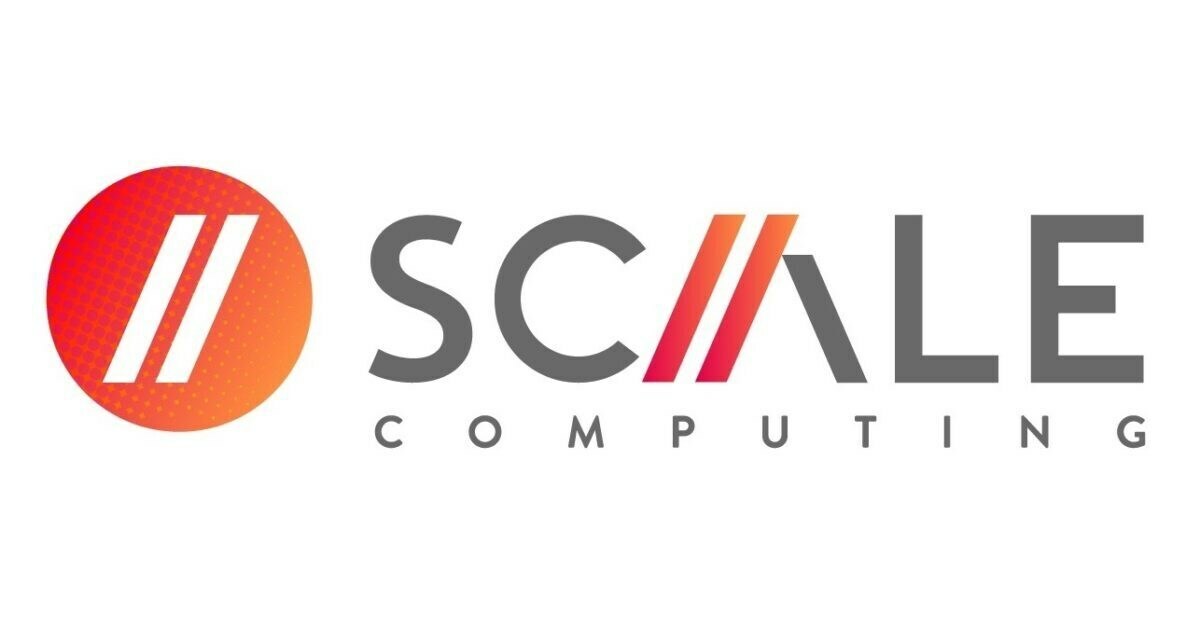Seven banks ramped up spending on technology in 2024 to match rising demand for electronic payments, which crossed the N1 quadrillion mark, according to the Nigerian Interbank Settlement System (NIBSS). These banks increased their investments by 90.88 percent to N325.
23 billion in a year marked by frequent electronic banking failures that frustrated many customers. Guaranty Trust Holding Company (GTCO) led the pack with an IT spend of N88.04 billion, followed by Zenith Bank at N67.

30 billion, and United Bank for Africa Plc (UBA) at N48.045 billion. Others included First City Monument Bank (FCMB), N26.
80 billion, Fidelity Bank Plc, N56.01 billion, Wema Bank, N5.55 billion, and Stanbic IBTC, N33.
49 billion. Despite these investments, service disruptions were common as many banks carried out core banking system upgrades that left customers locked out of banking services for extended periods. Read also: Nine banks rake N922.
5bn in fees as customers decry rising charges Zenith Bank migrated from Phoenix, software developed by London-based Finastra, to Oracle’s Flexcube. Sterling Bank migrated to SEABaaS, a custom-built core banking platform, and GTB migrated to the Finacle core banking system. Access and First Bank also upgraded their infrastructure.
“The upgrades are routine for banks globally. Large businesses must periodically upgrade their core systems,” stated Adedeji Okowe, founder of Lendsqr. These upgrades caused untold hardships to many customers in 2024.
However, experts argue that the banks had to upgrade their technology infrastructures to avoid a repeat of the transfer failures that bugged Nigerians during a now-withdrawn Central Bank of Nigeria (CBN)’s cashless policy that left millions stranded. A report by Worldpay, a global payment processing company, showed that cash transactions in Nigeria fell by 59 percent between 2014 to 2024, driven by a surge in electronic transactions. Femi Adeoti, group managing director of RoutePay, noted that the country’s current banking and digital payment infrastructure is inadequate to cater to this growth.
“The upgrades will improve banking capacity and cope with increased online banking demand,” stated Olowe of Lendsqr. Despite this hiccup, banks’ income from electronic transactions rose by 62.82 percent to 409.
21 billion. UBA earned the most at N236.31 billion, followed by Zenith at N80.
05 billion, FCMB (N13.65 billion), Fidelity (N4.19 billion), Stanbic IBTC (N4.
36 billion), Wema (N14.07 billion), and GTCO (N56.57 billion).
Beyond expanding their digital banking infrastructure, banks’ tech investments have soared to bolster security measures. Between 2019 and 2023, Nigerian bank customers lost N59.33 billion to fraud, with over 80,658 customers scammed in 2023 alone.
Financial institutions in Nigeria recorded over 4,718 cyberattacks weekly in 2024, according to Check Point Software Technologies, 182 percent higher than the global average of 1,673. Read also: Explainer. How banks defied odds to make record profits in 2024 Ramping up investments in their core banking infrastructure will help close these gaps, especially as the country works towards becoming cashless.
“Cybercriminals almost always beat the system because they are more prepared. We need to be more prepared. With every development comes an equal or greater threat,” stated Nanbaan Pwapo, a digital security professional at Resilience Technologies.
Despite an increase in banks’ tech investments, mobile money operators like Opay, PalmPay, and Moniepoint may have emerged as winners as they stepped in to fill the gap banks left. Data from NIBSS shows that transactions via mobile money platforms rose by 69.58 percent to N79.
55 trillion from N46.91 trillion in 2023. “OPay and other neobanks were the biggest winners of the bank upgrade,” stated Bolaji Akinboro, the Chairman of Voriancorelli and co-founder of Cellulant.
“Most Nigerians now have a wallet from a neobank. When the banks went down, those with money in their wallets could conduct peer-to-peer transactions within the same ecosystem.”.
Technology

Banking on bytes: Lenders boost tech spend by 90%

Seven banks ramped up spending on technology in 2024 to match rising demand for electronic payments, which crossed the N1read more Banking on bytes: Lenders boost tech spend by 90%















